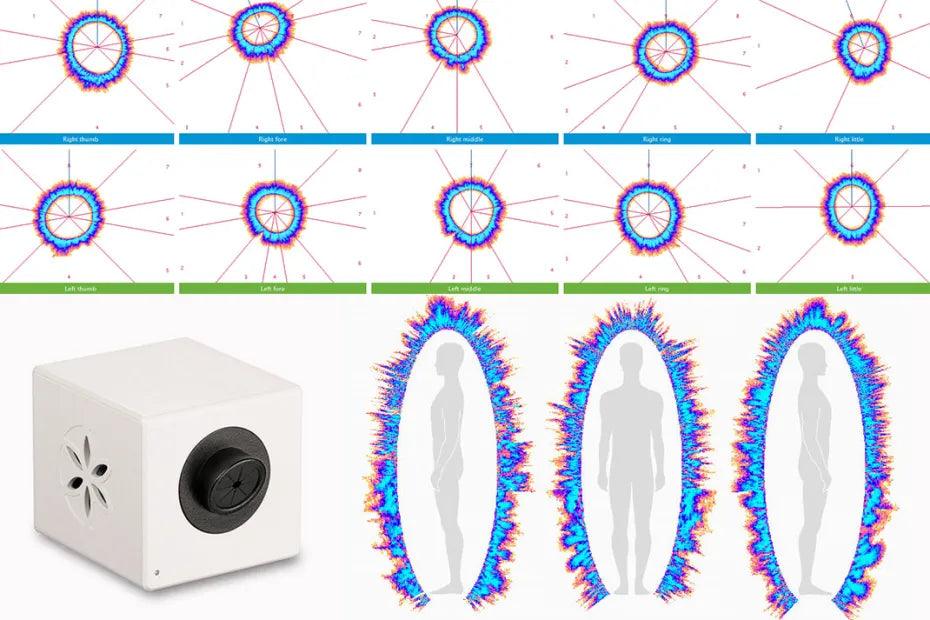Are aura cameras accurate? Many people are intrigued by the mystical concept of auras and are eager to capture a glimpse of their own energy field. Aura cameras, such as the GDV Camera and Bio Well Camera, claim to do just that. These devices are designed to capture and display the subtle energy surrounding a person, which is believed to reflect their emotional, physical, and spiritual state.

But can we trust the accuracy of these aura cameras? While they may seem like magical tools that can reveal our inner essence, it’s essential to approach them with a critical eye.
The technology behind aura cameras is based on the idea that our bodies emit electromagnetic energy, which can be detected and measured. These cameras use sensors to capture this energy and then convert it into colorful representations of our aura. However, skeptics argue that the accuracy of these devices is questionable.
One explanation for the skepticism is that auras are not yet scientifically proven to exist. The concept of auras originates from esoteric and spiritual traditions, but it has not been recognized by mainstream science. This lack of scientific validation raises doubts about the accuracy of aura cameras.
Additionally, even if auras exist, interpreting their colors and patterns accurately is a complex task. The interpretation of energy fields requires expertise and subjective judgment, which could vary among different aura readers or camera algorithms.
Aura cameras, also known as aura photography cameras or GDV cameras, have gained popularity in recent years. These cameras claim to capture and display a person’s aura, which is said to be the invisible energy field surrounding the body. However, the accuracy of aura cameras has been a topic of debate among scientists and skeptics.
Proponents of aura cameras argue that they can provide valuable insight into a person’s emotional and energetic state. They believe that the colors and patterns captured by these cameras can reveal information about a person’s mood, health, and spiritual well-being. Some even claim that aura photography can be used as a diagnostic tool for detecting imbalances in the body.
On the other hand, critics argue that aura cameras are nothing more than a gimmick. They point out that there is no scientific evidence to support the existence of auras or the accuracy of these cameras. Skeptics argue that the colors and patterns captured by aura cameras are simply the result of random fluctuations in temperature and other environmental factors.
In order to determine the accuracy of aura cameras, several studies have been conducted. One study published in the Journal of Scientific Exploration found that aura photography was not able to accurately capture a person’s emotional state. The researchers concluded that the colors and patterns observed in aura photographs were not consistent or reliable indicators of a person’s mood.
Another study published in the Journal of Parapsychology found that aura photography was not able to accurately diagnose health conditions. The researchers compared aura photographs with medical diagnoses and found no correlation between the two. They concluded that aura photography should not be used as a diagnostic tool.
Despite these findings, many people still find aura photography intriguing and continue to use aura cameras for personal and spiritual purposes. While the scientific community may not consider aura cameras to be accurate or reliable, some individuals find value in the insights they believe they provide.
In conclusion, the accuracy of aura cameras is still a matter of debate. While proponents argue that these cameras can provide valuable insights into a person’s emotional and energetic state. Scientific studies have found little evidence to support the accuracy of aura cameras, suggesting that caution should be exercised when interpreting their results. Ultimately, whether or not aura cameras are accurate is a subjective question that depends on individual beliefs and perspectives.